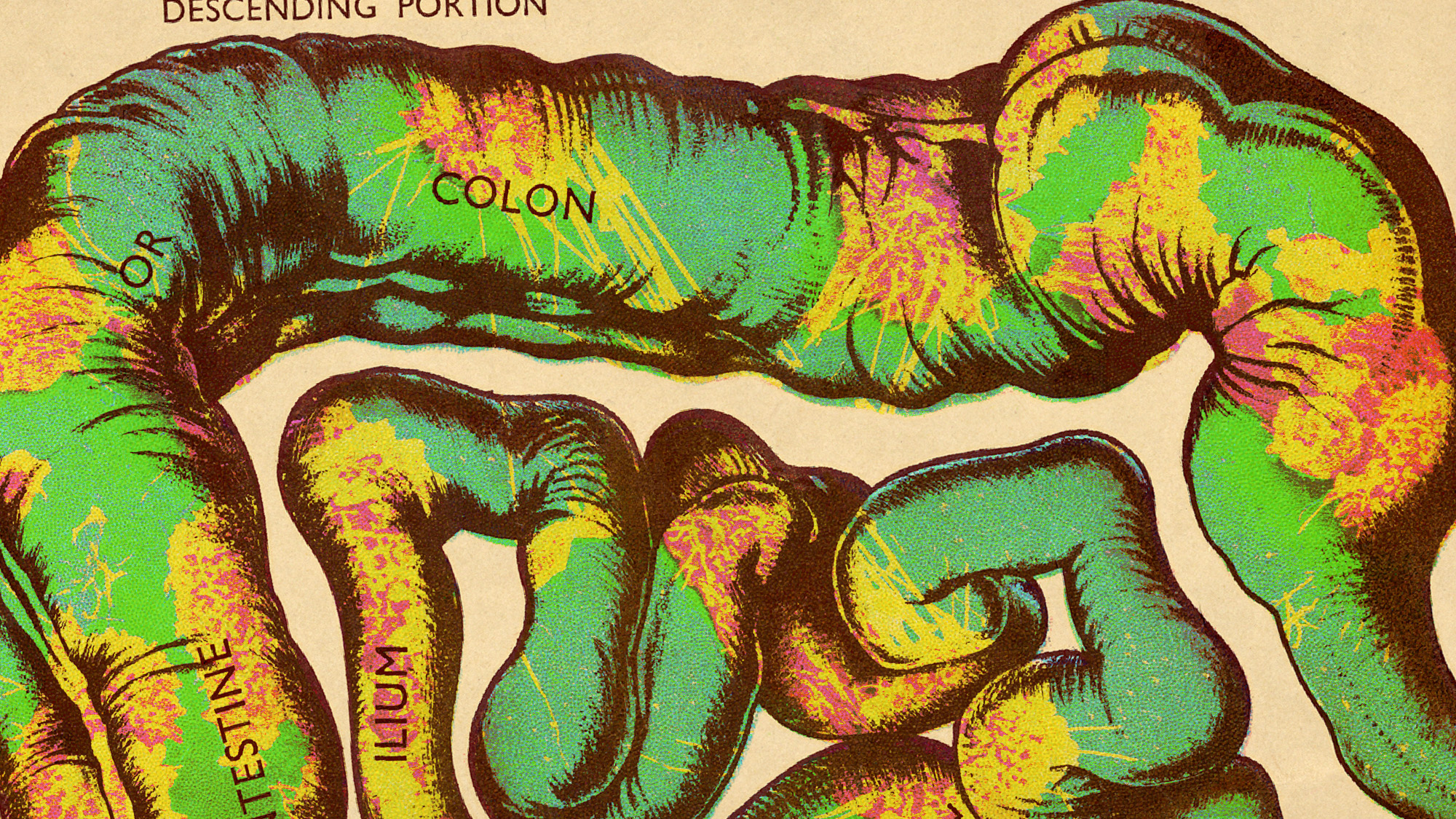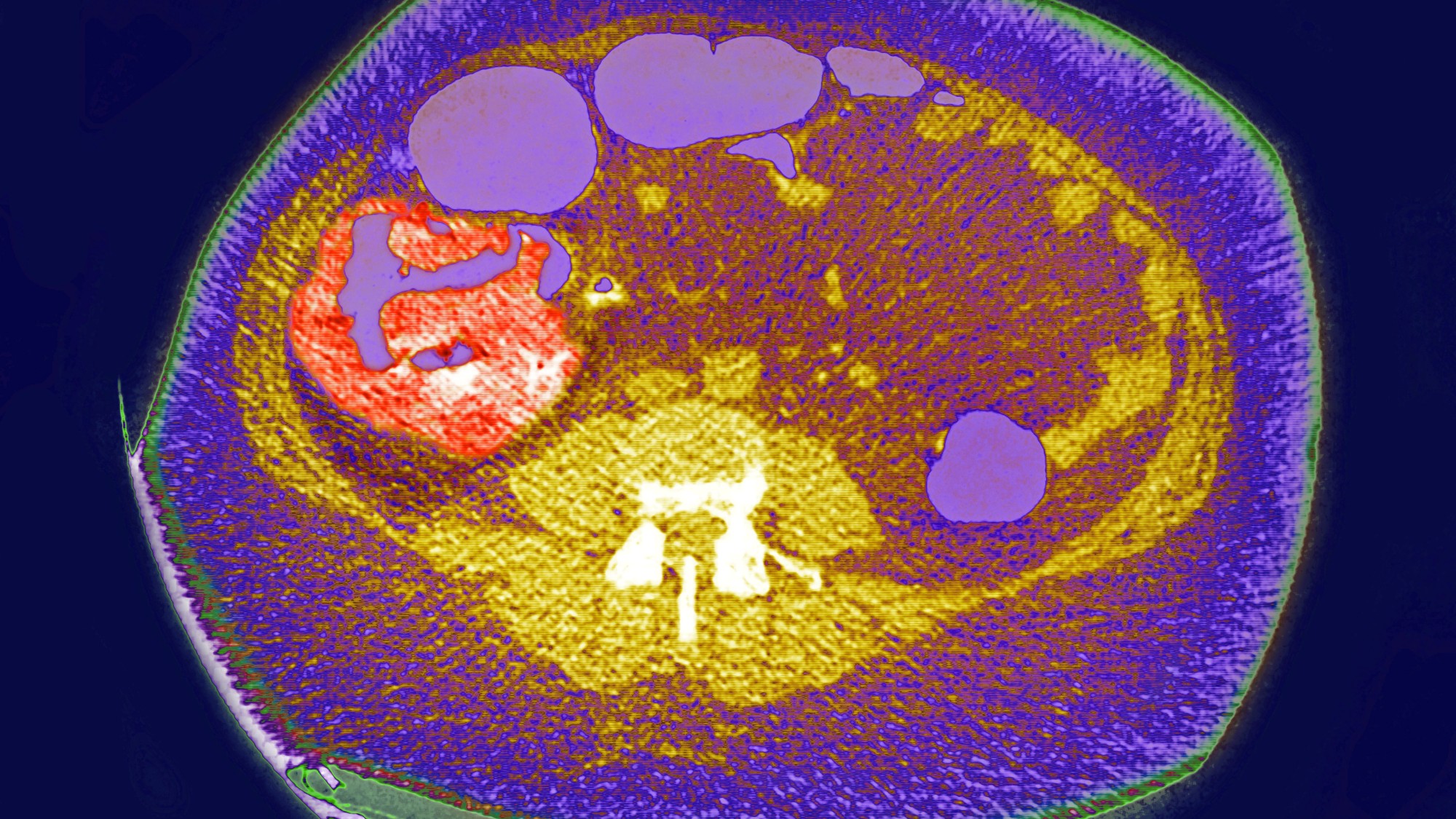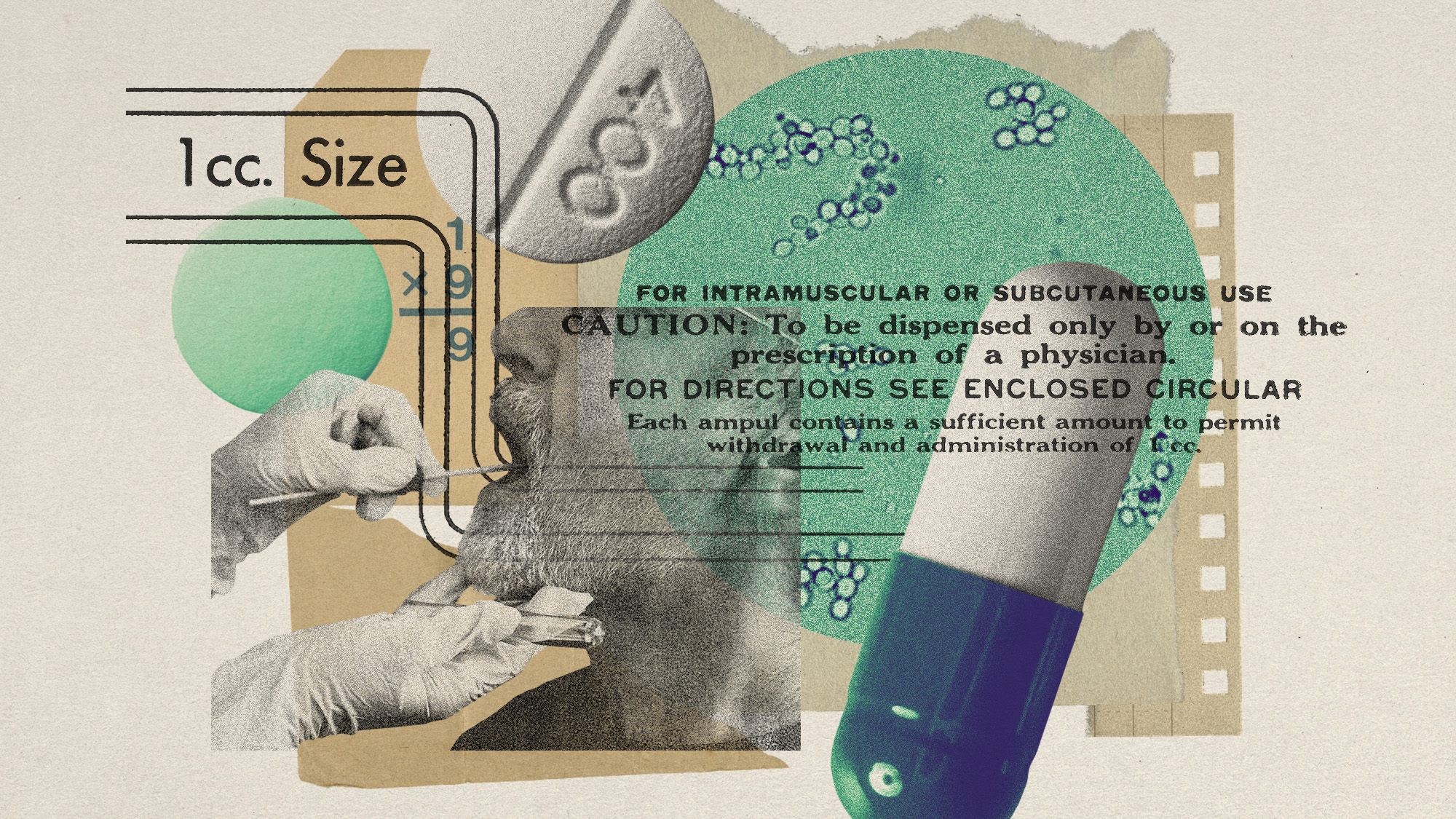Red meat once a day raises bowel cancer risk by fifth
Experts recommend cutting back on red and processed meat

A free daily email with the biggest news stories of the day – and the best features from TheWeek.com
You are now subscribed
Your newsletter sign-up was successful
Eating red meat just once a day increases your risk of bowel cancer by a fifth, a study by Oxford University has found.
The researchers analysed data from almost half a million people over six years and found that eating three rashers of bacon a day rather than just one could increase the risk of bowel cancer by 20%.
Following the study, which was part-funded by Cancer Research UK, experts recommend cutting intake of red and processed meat to no more than twice a week.
The Week
Escape your echo chamber. Get the facts behind the news, plus analysis from multiple perspectives.

Sign up for The Week's Free Newsletters
From our morning news briefing to a weekly Good News Newsletter, get the best of The Week delivered directly to your inbox.
From our morning news briefing to a weekly Good News Newsletter, get the best of The Week delivered directly to your inbox.
“Our results strongly suggest that people who eat red and processed meat four or more times a week have a higher risk of developing bowel cancer than those who eat red and processed meat less than twice a week,” said Professor Tim Key, co-author of the study.
However, Carrie Ruxton, of the Meat Advisory Panel, an industry-funded body, has disputed the responses to the study. Speaking to the BBC, she said: “Red meat provides valuable nutrients, such as protein, iron, zinc, vitamin D and B vitamins.”
Processed meat such as sausages, bacon, and salami is modified to either extend its shelf-life or alter the taste, by smoking, curing, or adding salt or preservatives.
The chemicals involved could increase the risk of cancer, scientists believe. Also, high temperature cooking, such as on a barbeque, can create carcinogenic chemicals.
A free daily email with the biggest news stories of the day – and the best features from TheWeek.com
There are around 42,000 cases of bowel cancer diagnosed annually in the UK. One in 15 men and one in 18 women born in the UK after 1960 will receive a diagnosis of the disease in their lifetime.
In light of the findings, Dr Alison Tedstone, chief nutritionist at Public Health England, has offered another reason to cut back on red meat. She said cutting consumption of red and processed meat would reduce salt and saturated fat in the diet, decreasing the risk of cardiovascular disease.
Dr Julie Sharp, Cancer Research UK's head of health information, added: “Although breaking habits we've had for a long time can be hard, it's never too late to make healthy changes to our diet.”
-
 ‘Longevity fixation syndrome’: the allure of eternal youth
‘Longevity fixation syndrome’: the allure of eternal youthIn The Spotlight Obsession with beating biological clock identified as damaging new addiction
-
 How corrupt is the UK?
How corrupt is the UK?The Explainer Decline in standards ‘risks becoming a defining feature of our political culture’ as Britain falls to lowest ever score on global index
-
 Best places to find snowdrops in the UK
Best places to find snowdrops in the UKThe Week Recommends The snowdrop season is upon us, with ‘blankets’ of the beautiful bloom signalling that spring is on its way
-
 The truth about vitamin supplements
The truth about vitamin supplementsThe Explainer UK industry worth £559 million but scientific evidence of health benefits is ‘complicated’
-
 Covid-19 mRNA vaccines could help fight cancer
Covid-19 mRNA vaccines could help fight cancerUnder the radar They boost the immune system
-
 Deadly fungus tied to a pharaoh's tomb may help fight cancer
Deadly fungus tied to a pharaoh's tomb may help fight cancerUnder the radar A once fearsome curse could be a blessing
-
 'Poo pills' and the war on superbugs
'Poo pills' and the war on superbugsThe Explainer Antimicrobial resistance is causing millions of deaths. Could a faeces-filled pill change all that?
-
 The Y chromosome degrades over time. And men's health is paying for it
The Y chromosome degrades over time. And men's health is paying for itUnder the radar The chromosome loss is linked to cancer and Alzheimer's
-
 A bacterial toxin could be contributing to the colorectal cancer rise in young people
A bacterial toxin could be contributing to the colorectal cancer rise in young peopleUnder the radar Most exposure occurs in childhood
-
 Why are more young people getting bowel cancer?
Why are more young people getting bowel cancer?The Explainer Alarming rise in bowel-cancer diagnoses in under-50s is puzzling scientists
-
 Five medical breakthroughs of 2024
Five medical breakthroughs of 2024The Explainer The year's new discoveries for health conditions that affect millions